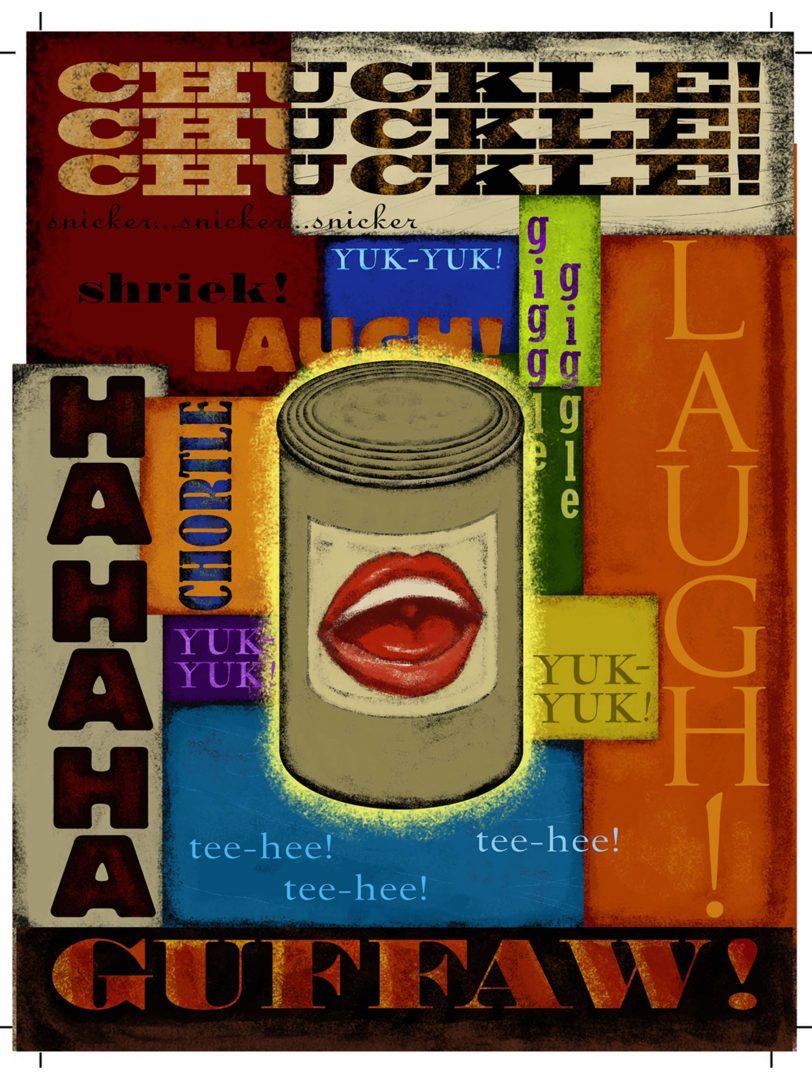Over the past few years, millennials have been called out and labeled as overly sensitive in their reaction to the use of sexism, homophobia and racism as recurring themes by comedians.
Oftentimes, comedians use this type of material as something to fall back on in order to get audiences to laugh at a quick joke with minimal effort.
By exploiting topics like harassment, misogyny, racism and homophobia quite often, minority groups seem to end up as the butt of a joke more than occasionally.
As far back as comedians have gathered attention, there have always been instances when one says something problematic or another continues to make inappropriate jokes to build on their comedic repertoire.
This all comes as no surprise to anyone.
In fact, it has helped build a sense of familiarity for future comedians and audiences alike as a common tradition over the years.
But now, millennials are consistently pointing out the flaws in using humor as a scapegoat in society to point out the social hierarchy that separates groups of people.
There is a message to be received when certain comedians revolve solely on making jokes that only surround derogatory and negative themes.
That message is that as today’s society continues to grow together over time, future generations will increasingly notice the ignored and problematic issues that underlie this type of humor.
So when the older generations say that millennials are too sensitive, that millennials can’t take a joke, they highlight what it means to have generational differences in opinion about the exploitation of minority groups in comedy.
Taking a moment to actually think about how comedians approach their material and deliver it to their audience can help inspire future generations to understand the ways in which humor should and shouldn’t be used to degrade others.




